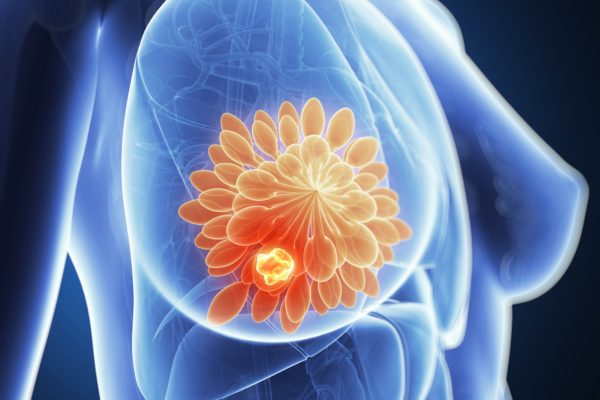
The topline results from tovorafenib monotherapy revealed that the kinase inhibitor-induced response in more than 60% of patients with recurrent or progressive pediatric low-grade glioma. The agent’s manufacturer released these findings.
Tovorafenib is a selective pan-RAF kinase inhibitor that targets a key enzyme in the MAPK signalling pathway, and its efficacy was evaluated in the phase II FIREFLY-1 trial.
The open-label, phase II, FIREFLY-1 enrolled 77 patients (6 months to 25 years) with recurrent or progressive paediatric low-grade glioma having mutation/alterations in the BRAF gene. All the participants were treated with a weekly dose of tovorafenib monotherapy. The study’s primary endpoint was the overall response rate (ORR).
Sixty-nine patients were available for analysis where treatment with tovorafenib (median duration =8.4 months) resulted in a 64% ORR and a 91% clinical benefit rate. Among these 69 patients, confirmed complete response in three patients, partial response in 41, and stable disease in 19 cases. Treatment-related adverse events included change in hair colour (75%), increased creatine phosphokinase (64%), anaemia (46%), fatigue (42%) and maculopapular rash (42%).
Based on the encouraging results of tovorafenib from the FIREFLY-1 study, the manufacturer plans to submit a new drug application in the first half of this year with additional follow-up data from the full study population.
Reference